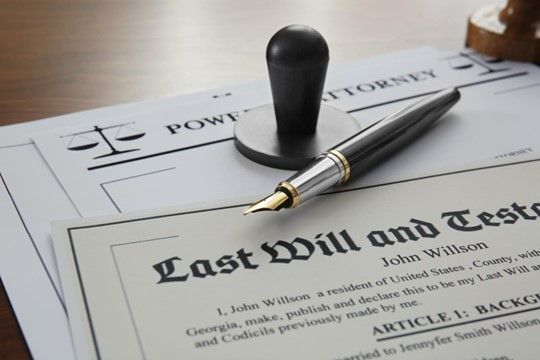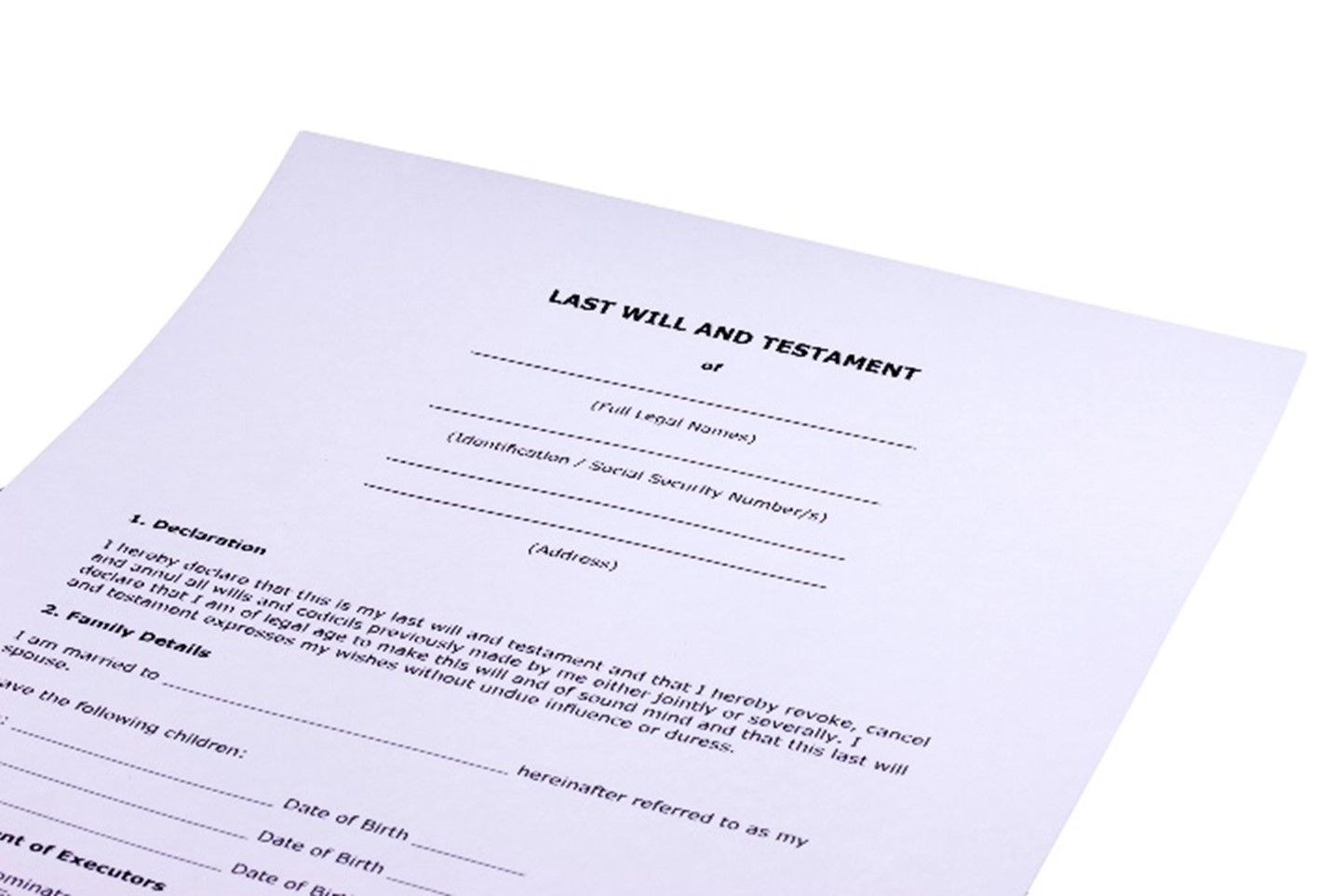Trusts can help families preserve their assets
When most people think about estate planning, they often think about drafting a will to ensure that specific property will go to a specific person. They may also make arrangements for the care of their children, and also discuss the type of health care that they are to receive should they become incapacitated.
While a will is definitely a good first step, there are other items that may help people protect their families. Many individuals are passing along some of their property through trusts, which allow the family to avoid certain implications that may have a negative effect. This article discusses some of the types of trusts that may be available to individuals creating an estate plan.
Special needs trusts
These trusts are most common for families who have children with disabilities who are unable to care for themselves. Parents want to be sure that the child will be cared for after they pass away, and the special needs trust allows the family to set up a system where the child can continue to receive government benefits even after receiving an inheritance.
Failing to set up a special needs trust may mean that the child’s benefits could be terminated if he or she receives an inheritance from the parents. The trust can distribute money toward the care of the child, and also contain provisions that establish a residence for the child. This may be the parent’s home or other locations where the child currently resides.
Revocable trusts
When a revocable trust is set up, this is often done to allow a beneficiary to have access to assets before the trustor passes away. However, the trustor retains the power to terminate or change the trust while he or she is alive, subject to provisions contained in the trust.
Irrevocable trusts
Generally, individuals will consider irrevocable trusts when estate taxes may be an issue. These trusts will provide assets to a beneficiary at a certain point in time, such as when a child reaches a specific age or when the trustor dies. This type of a trust is also an effective way to hand down family-owned businesses.
Unlike revocable trusts, which can be changed, irrevocable trusts by their nature limit the amount of control that a family has over the assets. This makes it extremely important that those drafting these documents understand the family’s wishes at the time the trust is created.
AB trusts
AB trusts are also focused on the tax consequences that arise after a person passes away. These trusts concern estate tax exemptions for married couples. Often, the trusts are designed to ensure that the surviving spouse is able to remain in the couple’s home until he or she also passes away.
If you have questions about how a trust can help you pass along your assets, speak to an experienced estate planning attorney in your area. Each family situation is different, and you want to make sure that you are working with someone who is taking the time to understand your needs. A comprehensive estate plan can help you feel confident that your family will be provided for after you pass away.






